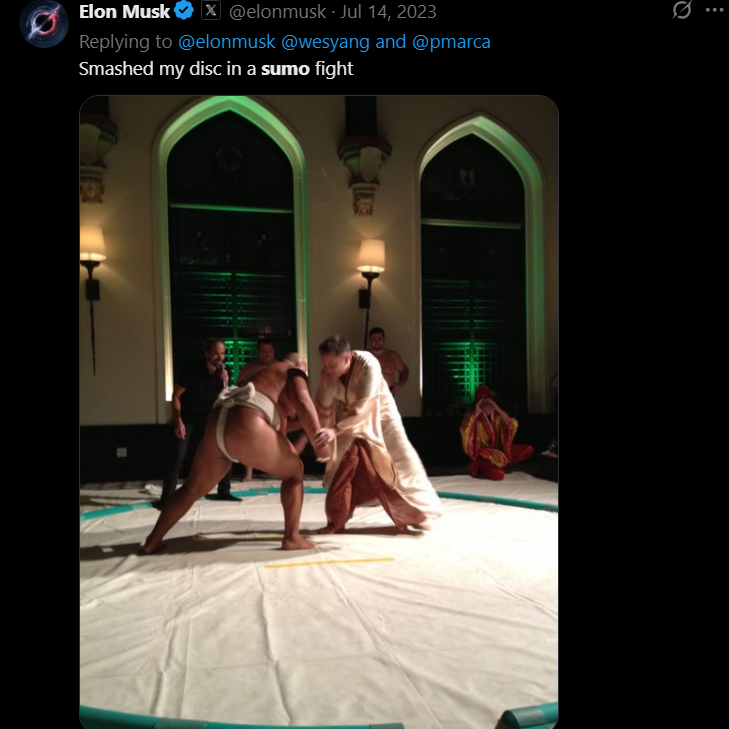Imagine being so wealthy that your greatest challenge isn’t launching rockets or building electric cars, but convincing the internet you’re a gaming god. That’s Elon Musk’s world—where every tale is an epic, and every game is a personal conquest.
Before streaming became his stage, Musk spun a yarn about dominating the early days of competitive gaming. “One of the best Quake players in the world,” he proclaimed. Reality? Not so much. Dennis “Thresh” Fong, the undisputed Quake monarch of the 1990s, didn’t just disagree—he obliterated the claim. “Musk wasn’t very good,” Fong stated bluntly, crushing the billionaire’s gaming legend faster than a headshot in a deathmatch.
The tournament Musk romanticizes? A small-scale 1997 Mplayer event with a $55,000 prize pool. His team’s “epic” second-place finish netted a whopping $750—not quite the “few thousand” dollars of Musk lore. Their secret weapon? Not skill, but Zip2’s blazing internet connection that left dial-up competitors in the digital dust.
Cut to 2024. Musk streams Path of Exile 2, his gameplay so clumsy that gaming streamers couldn’t help but laugh. Asmongold and others quickly spotted the inconsistencies: a level 97 hardcore character that moved like a newbie, inventory management that screamed “imposter,” and gear knowledge more shallow than a puddle.
The plot twist? Musk eventually admitted to account boosting. His defense is pure comedy gold: “It’s impossible to beat the players in Asia if you don’t, as they do!” It’s less a justification and more an accidental comedy routine.
But wait, there’s more. Musk claims he took down a 380-pound world champion sumo wrestler, requiring five neck surgeries. Sports experts—and basic physics—call shenanigans. Professional athletes have repeatedly failed similar challenges. NFL player Micah Parsons couldn’t budge a teenage sumo practitioner. NBA star Stephen Curry failed to move a wrestler even on a slippery surface.




What drives a billionaire to construct these elaborate narratives? It’s not just about gaming. It’s about control of the story, about being seen as exceptional in every arena. The gaming community doesn’t actually care about being the best—they value authenticity, passion, and genuine enjoyment.
Musk represents something unique: a public figure so committed to his own legend that truth becomes optional. His stories are performance art, digital tall tales that say more about the storyteller than the story.
In a world where Musk can launch rockets and build electric cars, his most impressive feat might be his ability to generate headlines with nothing more than a well-crafted story and an emoji.
Game over, indeed.


